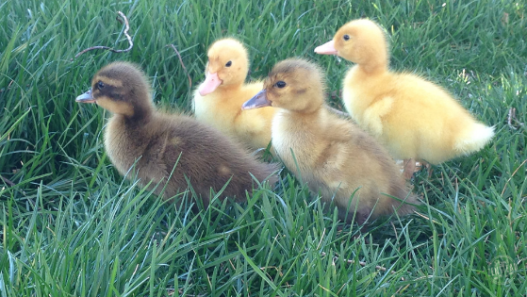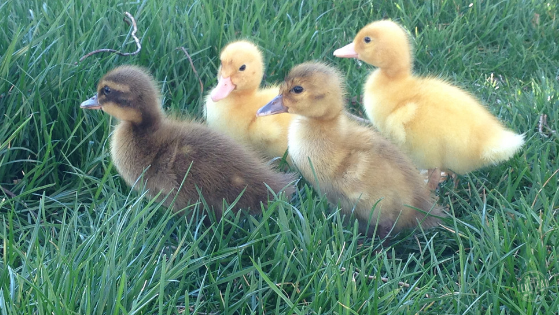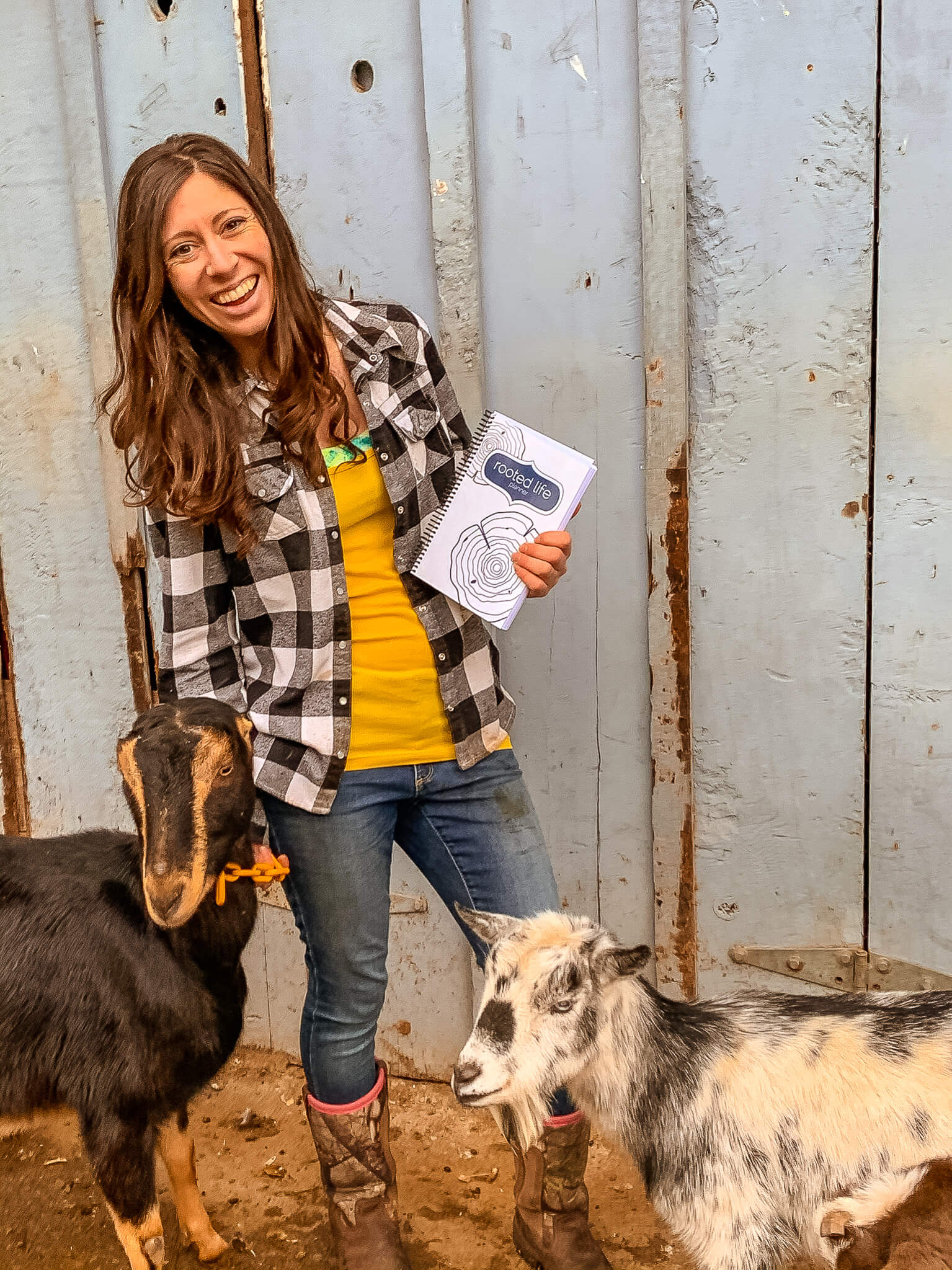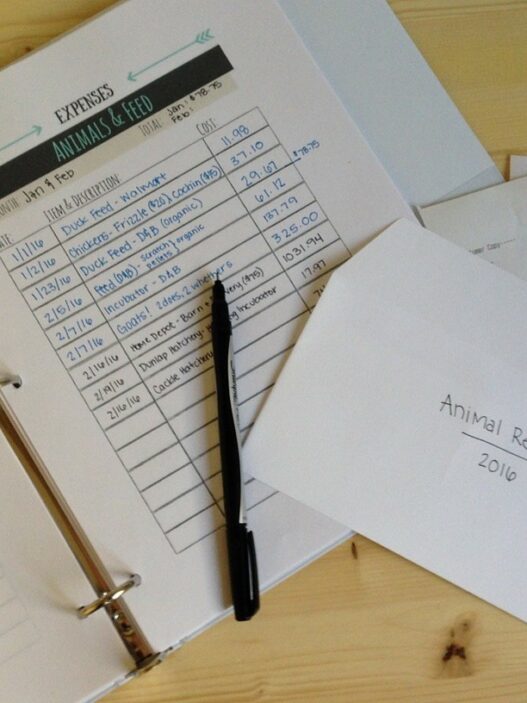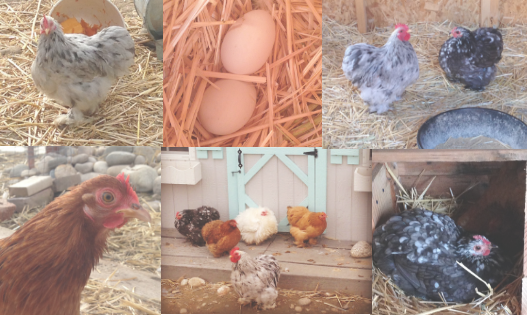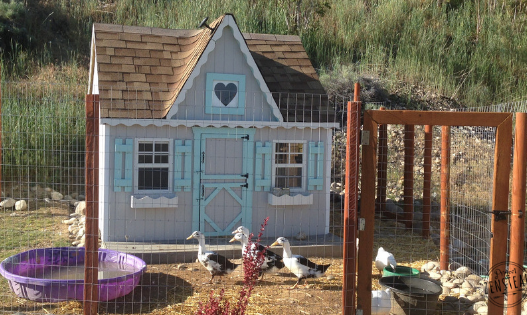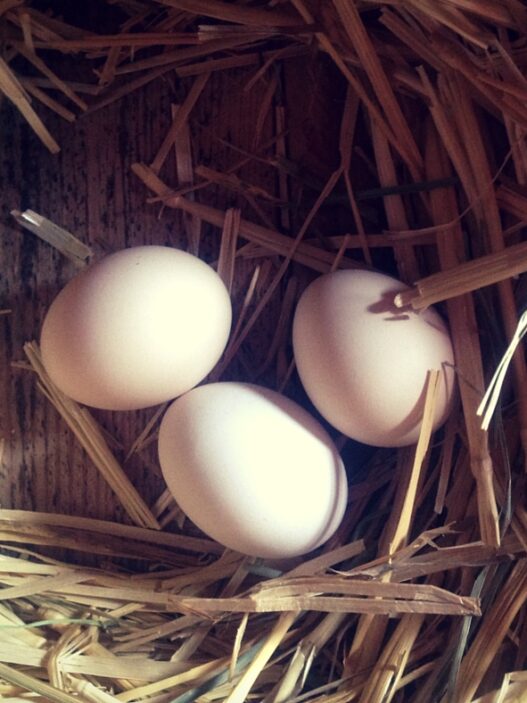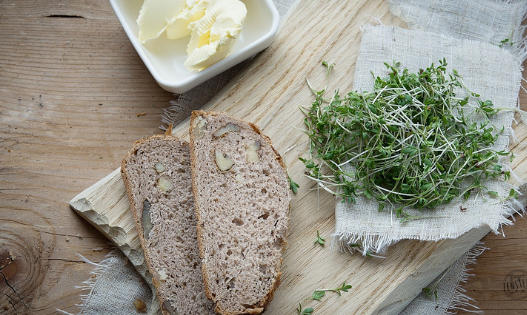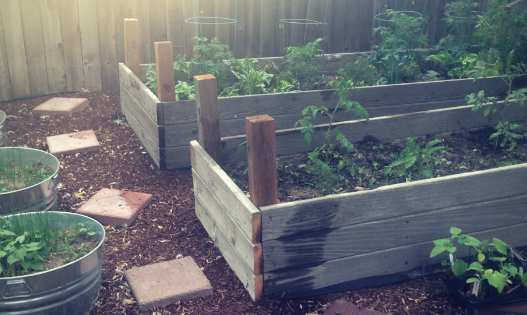Ducks ca be a wonderful poultry breed for your homestead! But raising backyard ducks for the first time has it’s surprises – like these 5 surprises we encountered!
We have been proud first-time duck parents for just about 3 weeks now. After lots of research, we decided to go for it and raise our own backyard ducklings. I am very thankful that we took the time to research our decision well because we couldn’t be more pleased with our four little ducklings!
Even with all that research, we found ourselves caught off guard by some of the most simple and obvious things! Somehow we just overlooked them while researching the bigger items. It would have been great to have been just a little bit more prepared to handle these basics. So if you are considering raising backyard ducklings, here are five things we learned that no one told us.
1. Ducklings eat a lot of food
Feed stores like to sell chick starter in these cute little 5 pound bags which led us to believe that our ducks would have an adorably dainty appetite to match the size of the bag. Boy, were we wrong! In just three weeks of having them, we have already gone through two 5 pound bags. The first one lasted four duckling 13 days which wasn’t bad. But as they continue growing, they are consuming it like crazy. The second bag is almost empty and we bought it just 5 days ago. Also, ducks are very messy eaters!
Lesson Learned: Go for the big bag of feed – you’re going to need it. Also, don’t bother with the small sized water container and food container. Just buy the adult-sized one to begin with!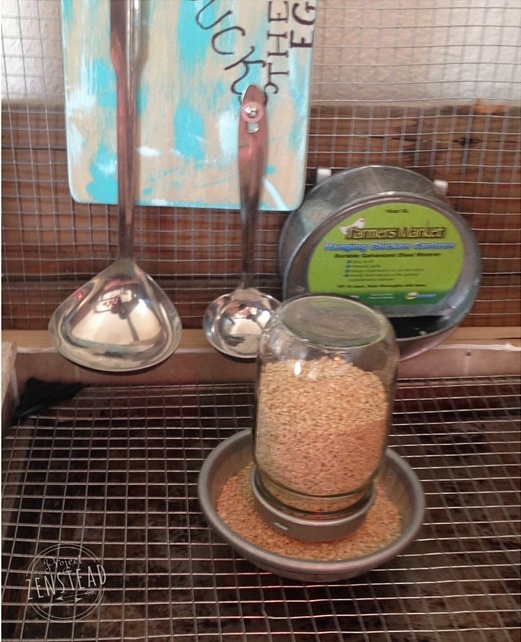
2. Ducklings poop – a lot!
The amount of poo that comes out of those adorable fluffy ducklings is amazing. It makes sense when you consider the amount of food they are consuming though. But seriously, it’s a lot. Don’t say I didn’t warn you! Lucky for us, I happen to have a college degree in animal poo management (okay maybe not, but you vet techs out there understand).
Since our ducklings are still living inside the house at this point, we are using old blankets for their bedding since I have a pretty bad allergy to hay and straw. We change the blankets at least twice a day and shake them out so the poo gets recycled into the garden compost and then we wash the blankets with very hot water in the washing machine (which we also wash after this process!). Update: we now use disposable puppy pads in our brooders.
Lesson Learned: Have a plan in place for dealing with all that poo to keep your duckling’s area clean and sanitary. If you have a garden be sure to take advantage of this free fertilizer.
3. Ducklings grow up fast
Ducklings grow about an ounce a day. It doesn’t sound like a lot but when you can watch them growing and changing overnight, it’s incredible! When we first received them at 2 days old, they looked tiny in their brooder but after a just week and a half, it was clear that they were getting too big to be in the brooder all day. (Need ideas for brooders? Here are 12 DIY Brooders, including the one we built for the ducks out of scrap pallet wood!)
We set up a duckling play pen on the floor for them so they have plenty of room to move around to ensure they are developing in the healthiest way possible. Not only does the larger area give them the opportunity to be active, but it is also reduces their chances of developing the illnesses that accompany cramped living areas that can quickly become dirty.
Lesson Learned: Be sure to have housing plan in place that will allow your ducklings to have ample room to develop and get plenty of exercise.
4. Ducklings are clumsy and will find a way hurt themselves
Ducklings are just amazingly uncoordinated. The older they get, the more coordinated they become, but they are still so clumsy. They will trip over their feet, each other and everything else. Baby proofing is imperative. We thought we had done a good job of making their home safe, but just yesterday one of our little ducks stuck her head between the hutch wall and the feeder (a seriously tiny spot!) and got stuck. She pulled her head out after a short struggle but in the process she cut the back of her neck. It is about a 2 centimeter gash and it looks much better today, but we are keeping it clean and dry and watching for signs of infection.
Lesson Learned: Ducklings are no different than any other livestock and you need to be prepared for emergencies and basic first aid practices. When in doubt, always consult with your veterinarian. Which brings us to Bonus Lesson 2: Be sure that you know which vets in your area work with ducks and other fowl in case of a major emergency that you are not able to handle on your own.
5. Ducklings have big personalities
I am generally not a very big “baby animal” person. Crazy, right? I mean everyone loves baby animals, but if I had to choose, I would take an adult. Let me tell you though, these baby ducks are so endearing! Their individual personalities have really started coming out as they become comfortable in their surroundings. Each breed is little different – our white layers are fairly calm and docile while the Hybrid 300’s are much more spunky and energetic.
I love watching them swim in the bathtub and run around the backyard. They are fearless when it comes to our dogs and will even run up to the side of their brooder to quack at the dogs. They are goofy, crazy and completely adorable! They have been a wonderful addition and we couldn’t be happier with them and their big personalities.
Lesson Learned: Backyard ducks can be a hardy option for urban or rural homesteading. Their personalities are entertaining and endearing and you can’t beat how adorable they are!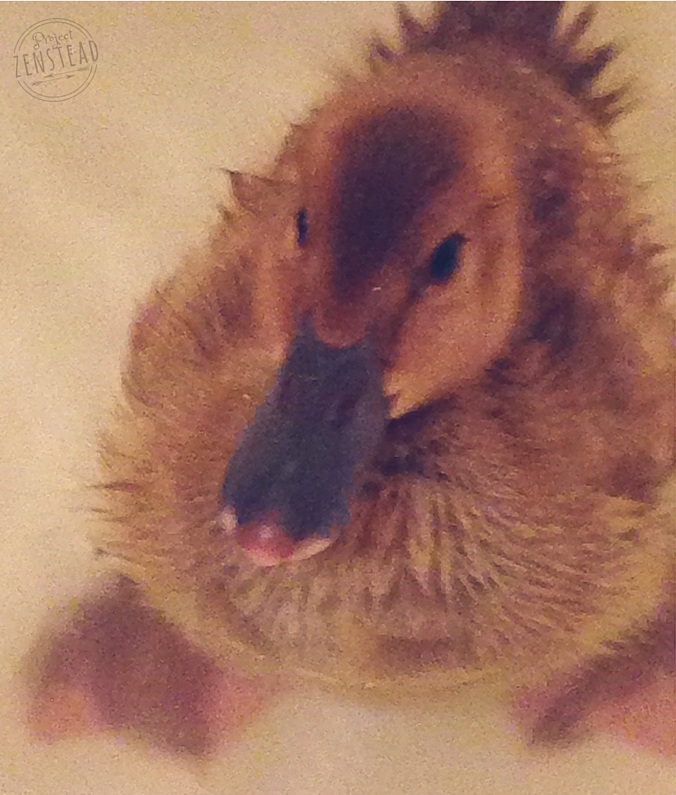
What lessons have you learned raising backyard ducks? We would love to hear your thoughts in the comments below.
